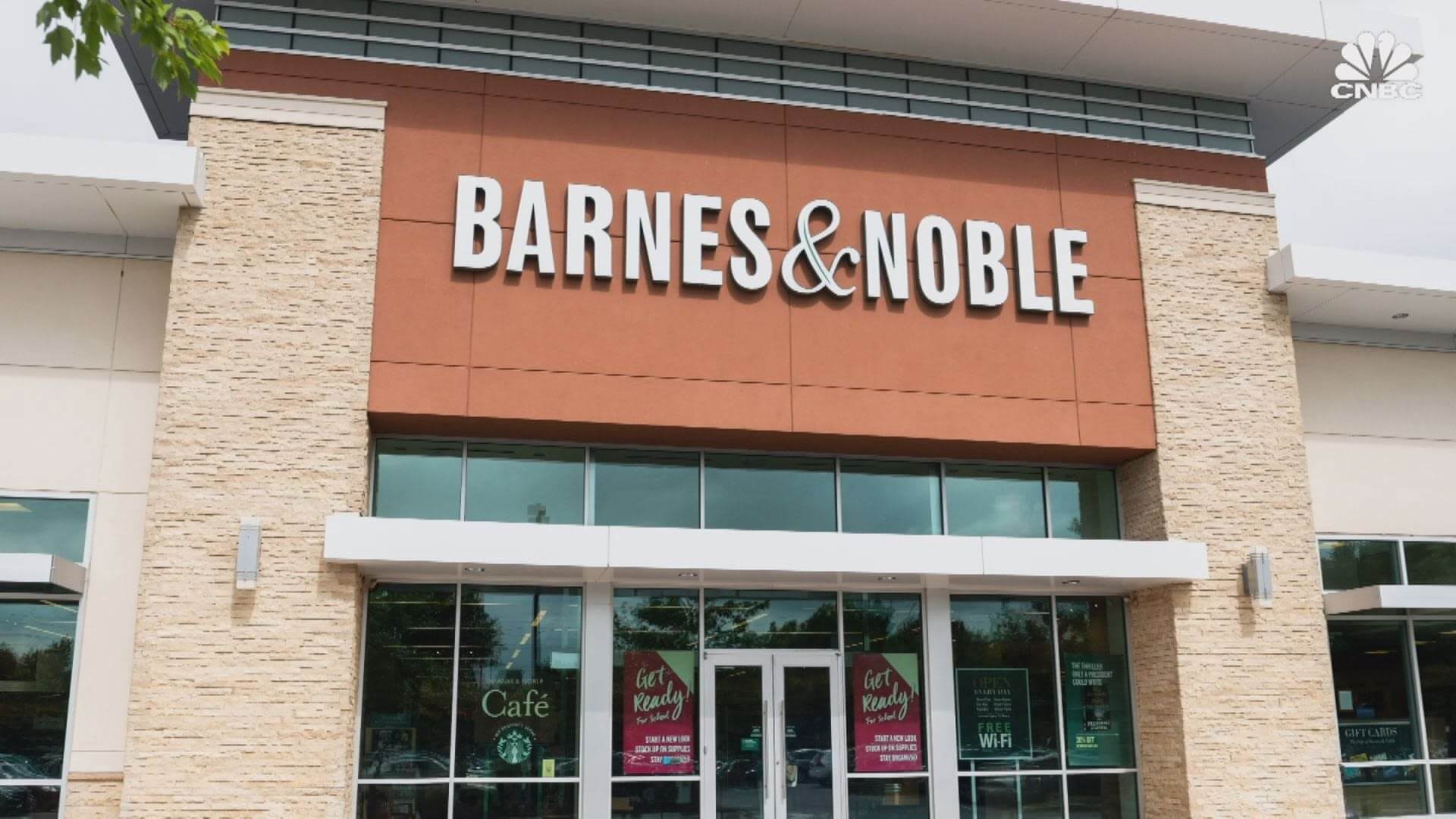Following years of declining sales and months of speculation, Barnes & Noble has been sold to the hedge fund Elliott Advisors for $683 million.
The Facts
The sale was unanimously approved by Barnes & Noble’s board of directors. It resulted in a 42% increase in the company’s stock price from earlier this week. Barnes & Noble founder and chairman Leonard Riggio said in a press release:
“In view of the success they have had in the bookselling marketplace, I believe they are uniquely suited to improve and grow our company for many years ahead.”
In June of last year, Elliott Advisors also purchased Waterstones, which is one of the U.K.’s largest book retailers with 293 stores. Barnes & Noble has over twice as many locations (627) even after closing over 150 stores over the last several years.
James Daunt–Waterstones’ CEO since 2011–will manage both companies. Everyone involved insists that the two bookstores will remain separate entities that will benefit from learning each others’ best practices. With the help of Daunt, Waterstones’ stock has risen up to 80% in recent years.
The Future
So what does this mean for the future of America’s largest brick and mortar book retailer? No plans have been announced to close stores or even significantly change staffing. Riggio had recently stepped in as a sort of acting CEO after Barnes & Noble terminated former CEO Demos Parneros due to allegations of inappropriate behavior and suspicions of sabotaging a prior sale to a third party. So Daunt is effectively stepping into an open position. It’s entirely possible that, as far as anyone outside of Wall Street is concerned, nothing will change (the sale to a private entity means Barnes & Noble stock will no longer be public).
The sale to Elliott Advisors is probably the best possible outcome for Barnes & Noble. The previous management had had trouble adjusting to a world in which it must compete with online retailers. Sales have been steadily dropping and the company was forced to lay off a large percentage of its workforce last year. Elliott Advisors’ other venture into the book market, Waterstones, appears to have turned its business around and is thriving.
Waterstones’ success seems to stem from wanting to follow a more independent bookstore model. Rather than being a monolithic company, Waterstones encourages its individual stores to work to cater to their specific local market. The idea is to provide customers the unique experience of browsing a local bookstore. This type of irreplaceable experience is basically the only way for brick and mortar stores to compete with online behemoths like Amazon since overhead and logistics make it simply impossible for traditional stores to come anywhere near the low price and convenience of online shopping.
It seems that Barnes & Noble will be around for the foreseeable future in one way or another. In the end, what happens with the company is going to depend on what the market (you) wants.
Do you still shop at brick and mortar book stores? What do you think the future has in store for Barnes & Noble.








